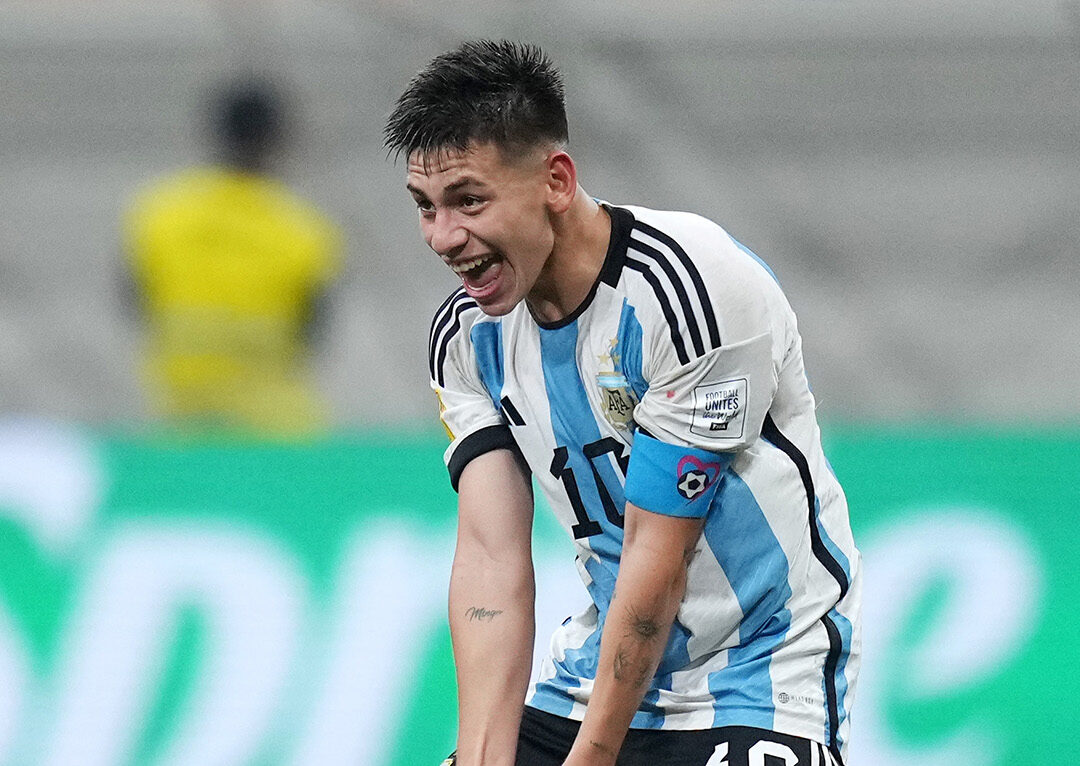Attributions, anticipations, and plagiarism in chess compositions
Por um escritor misterioso
Descrição
Composing chess problems is a creative art that takes skill, time, and effort, so it’s only natural that when an original work is published, it’s always accompanied by the author’s name. It’s also normal, when quoting a problem, to identify the composer and provide the source and date of first publication.
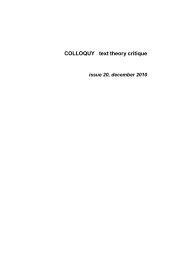
Colloquy Issue 11 May 2006 - Arts - Monash University
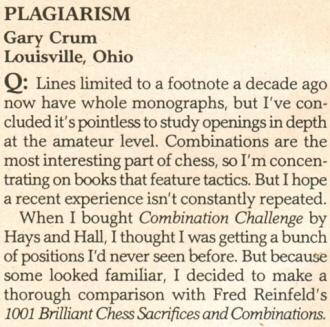
Chess Notes by Edward Winter

Opinion Paper: “So what if ChatGPT wrote it?” Multidisciplinary perspectives on opportunities, challenges and implications of generative conversational AI for research, practice and policy - ScienceDirect

21st Century Diplomacy - A Practitioner's Guide (Team Nanban) TMRG
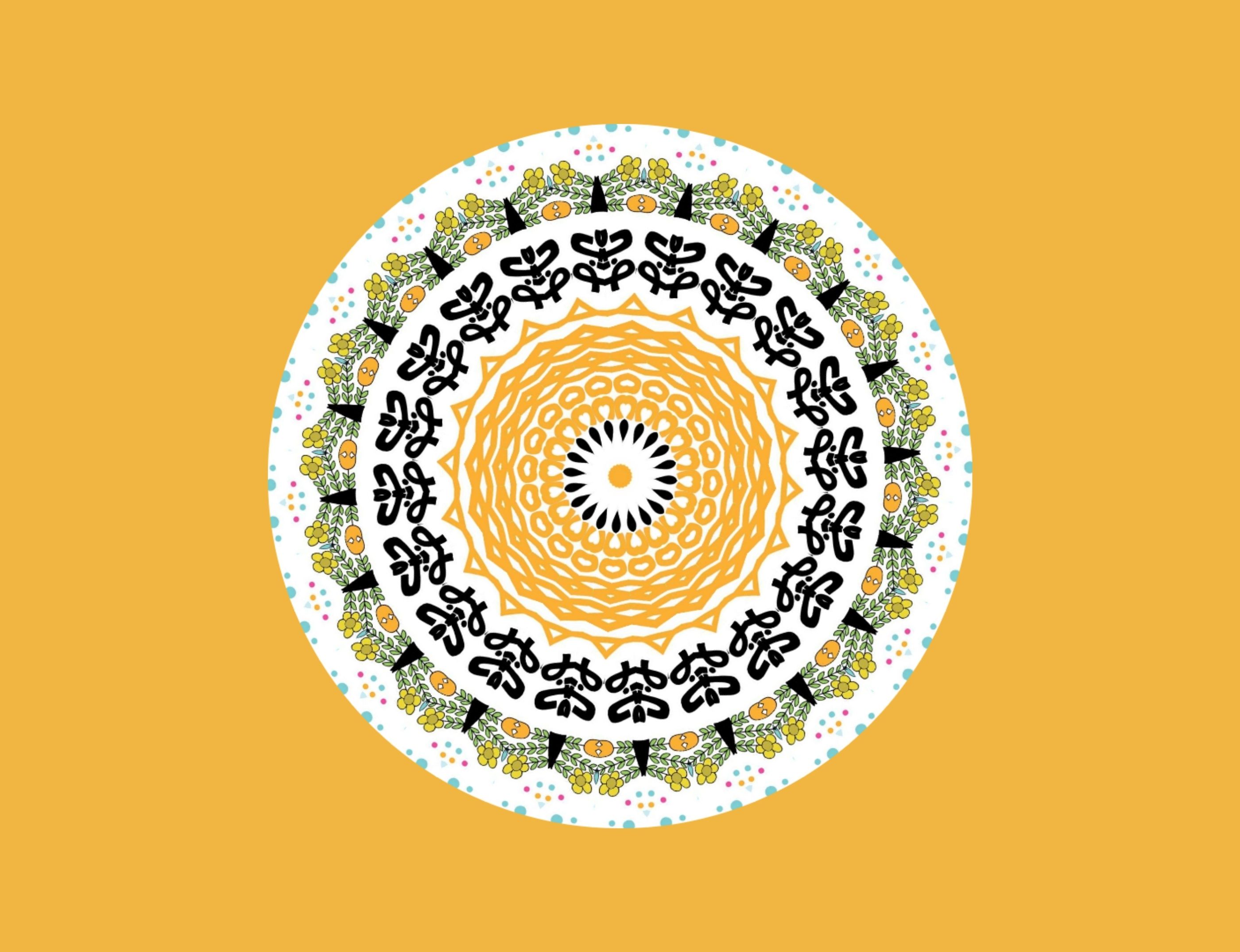
Mandala #13 - Mandala Madness - Art, Abstract, Soul, Color, Life, Body, Peace, Generative, Love, Dream, Buddha

Opinion Paper: “So what if ChatGPT wrote it?” Multidisciplinary perspectives on opportunities, challenges and implications of generative conversational AI for research, practice and policy - ScienceDirect

This Game was awarded 1st Brilliancy Prize

Opinion Paper: “So what if ChatGPT wrote it?” Multidisciplinary perspectives on opportunities, challenges and implications of generative conversational AI for research, practice and policy - ScienceDirect
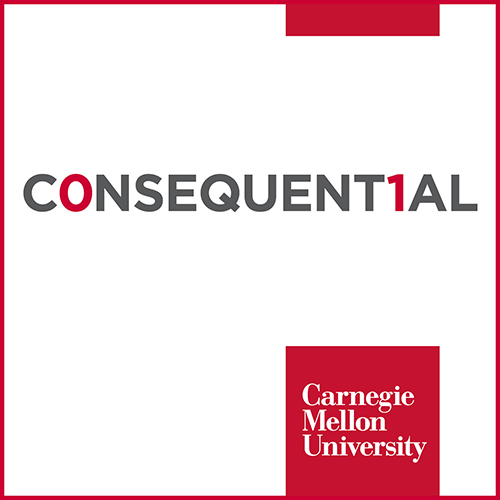
Consequential Podcast - Block Center for Technology and Society - Carnegie Mellon University

SEC Filing
Cute Pixelated Corgi #4 - PIXELATED CORGIS

Fluid Concepts and Creative Analogies by Douglas R. Hofstadter

SEC Filing

PDF) Paratextualizing Games. Investigations on the Paraphernalia and Peripheries of Play

Journal of Higher Education Management - Vol 38 (3) by AAUA--American Association of University Administrators - Issuu
de
por adulto (o preço varia de acordo com o tamanho do grupo)
